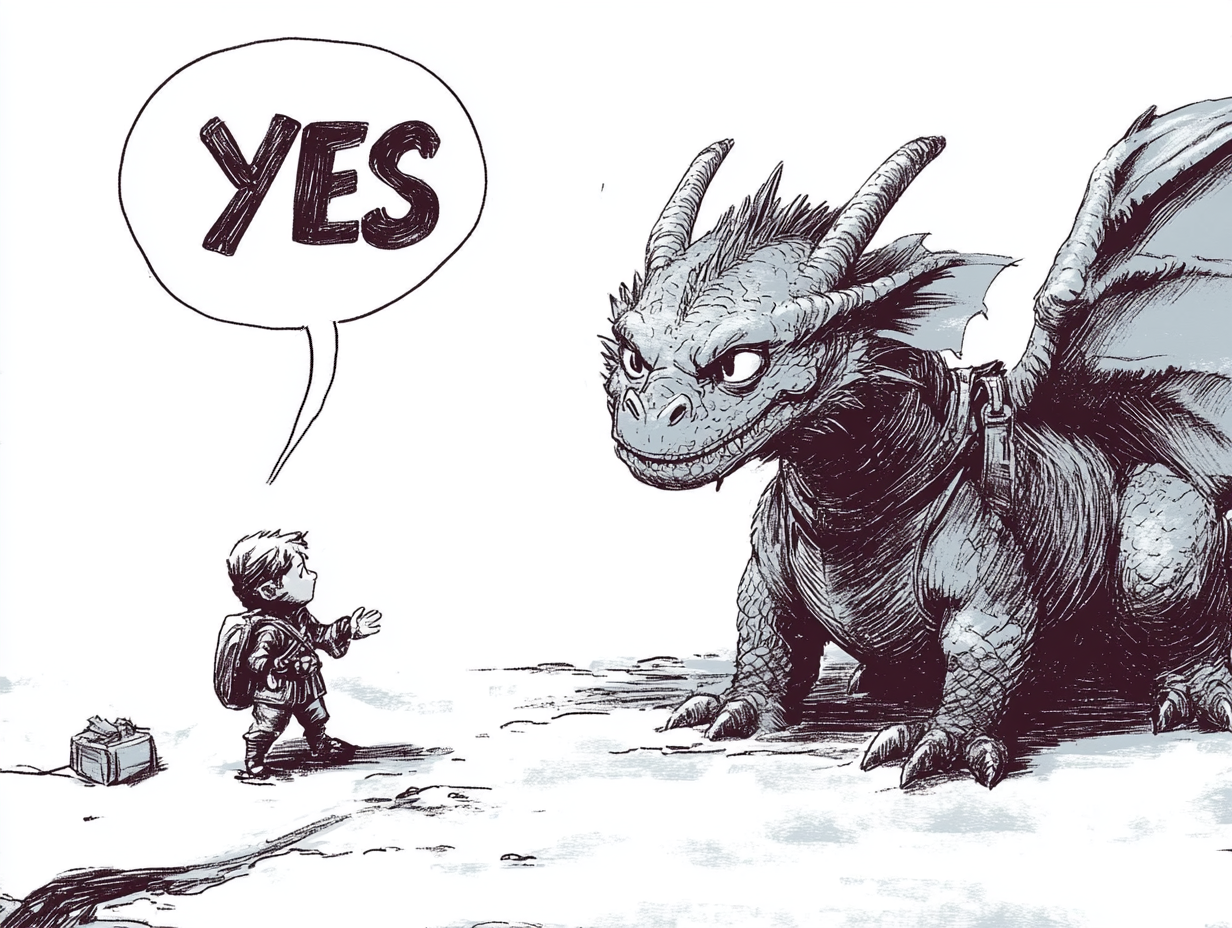A few days ago, someone posted an advertisement for a blog post where they (presumably) explained that “XYZZY”, from the original Crowther and Woods Colossal Cave Adventure, was the first cheat code in a computer game. I couldn’t read the article, since I would have had to pay $3.50 to do so, but I did talk to the author who agreed that many people were refusing to pay that amount to support a gaming historian.
I pointed out that XYZZY was not a secret; the game literally told you to use XYZZY, and not doing so meant you could not clear the game with the highest score. The game itself referred to XYZZY, in game, as a “magic word”. You might as well say that answering “YES” to “Do you want to kill the dragon with your bare hands?” is a cheat code, although it is the only way to get past the dragon.
Cheat codes should, I think, allow you to cheat. Like most games from the ADVENT era, games were distributed as source code, and the list of all possible commands is helpfully listed right near the front of the single, monolithic, FORTRAN file.
The article itself probably covers the same ground as this one I found here, which goes on to say that XYZZY was later used as a cheat code in other games.
Although it’s the most famous, ‘xyzzy’ actually isn’t the only magic word in the game. Entering the onomatopoeic words ‘PUGH’ and ‘PLOVER’ in the right rooms will also transport the player to and from the cave location ‘Y2’ and an empty room where they can unload all the heavy treasure they’ve gathered.
Crowther had just created the first built-in cheat codes in computer game history.
This bit here is wrong in almost every respect. “PLUGH” (misspelled in the article) and “PLOVER” do not do the same thing. And I’m not sure the author knows what the word “onomatopoeia” means.
Anyway. I’ve never made a cent off of any blog post, but if it turns out I could have been charging $3.50 for them, I’d be rich.
I have Venmo if you want to shoot a few bucks my way.
I’m not against people making money from writing. I did, for awhile — some magazine articles, and working for Massively back in the day. Some bloggers I respect and love reading make a few cents from ads. Nothing wrong with that. I’m wondering why I object to this particular post so much. Perhaps because locking a blog post behind a paywall means you can’t interact with the author. Perhaps because it was a clickbaity article about a game I know very well and played — twice through — a couple months back. Maybe it’s because I think blogging is about starting a conversation and not about making money.
How would I have approached this as a money making operation? If I were a gaming historian, I would write a book about gaming history, and then perhaps write blog posts showcasing information found in the book. The genesis of ADVENT probably wouldn’t be a topic, since it has been covered so, so very much. I don’t think the history of video games is really all that obscure, to be honest.
I’d buy a book about all the old LucasFilms games. I knew a few people who worked on them, and they were amazing people with hours of stories about them. “How Loren Carpenter turned Rescue from Fractalus into the Star Trek II Genesis Effect” would be one. “The Secrets Behind the Labyrinth Game”. I believe most of the people who worked on those games are still alive and active. Gaming historians, take note. Your article about “LOOM: The First RPG Based On Music” is waiting to be written.





One issue I have is, spending $3.50 to read an article is like going to the grocery store and buying a cardboard box with FRUIT on the side, and buying it without being able to peer into the box. You might get a perfectly ripe peach, and you might get a black slimy banana.
I guess the same can be said for books but generally you can read reviews or even excerpts, or maybe you know the author’s work. And if it is a book from a traditional publisher you know that SOME 3rd party Editor/Publisher thought it was worth selling.
But John Doe’s article on the Internet? It’s hard to assume you’d be getting value for it.
Remember when microtransactions were going to be a web thing? There were some schemes planned where you’d buy a chunk of some kind of ‘credits’ that would then be used to pay authors small amounts as you read… like 5 cents or something trivial. The idea was that it would be a small enough amount that you wouldn’t be bothered by paying it, but they needed a system that would make it really convenient. If you had to enter your credit card # every time you needed to pay your nickel you wouldn’t do it probably due to the hassle rather than the actual price.
Another grand plan that never came to fruition! It rests next to the Cue Cat in the annals of Internet history. [ https://en.wikipedia.org/wiki/CueCat ] I had to support Cue Cat codes for a while and resented it pretty powerfully!! LOL
If there were some one place I could put some money and it would a la cart pay for articles I wanted to read, I would. Right now two dozen sites want me to sign up for a subscription to read one article, and I sign up for none of them because it would be insane to do it.
Hey, I had a Cue Cat. I had two. One was sent to me because I was subscribed to Wired, and then Radio Shack just tossed one in the bag once. I think I did scan one code from one magazine once. But even then it was just as fast to look for it in the browser.